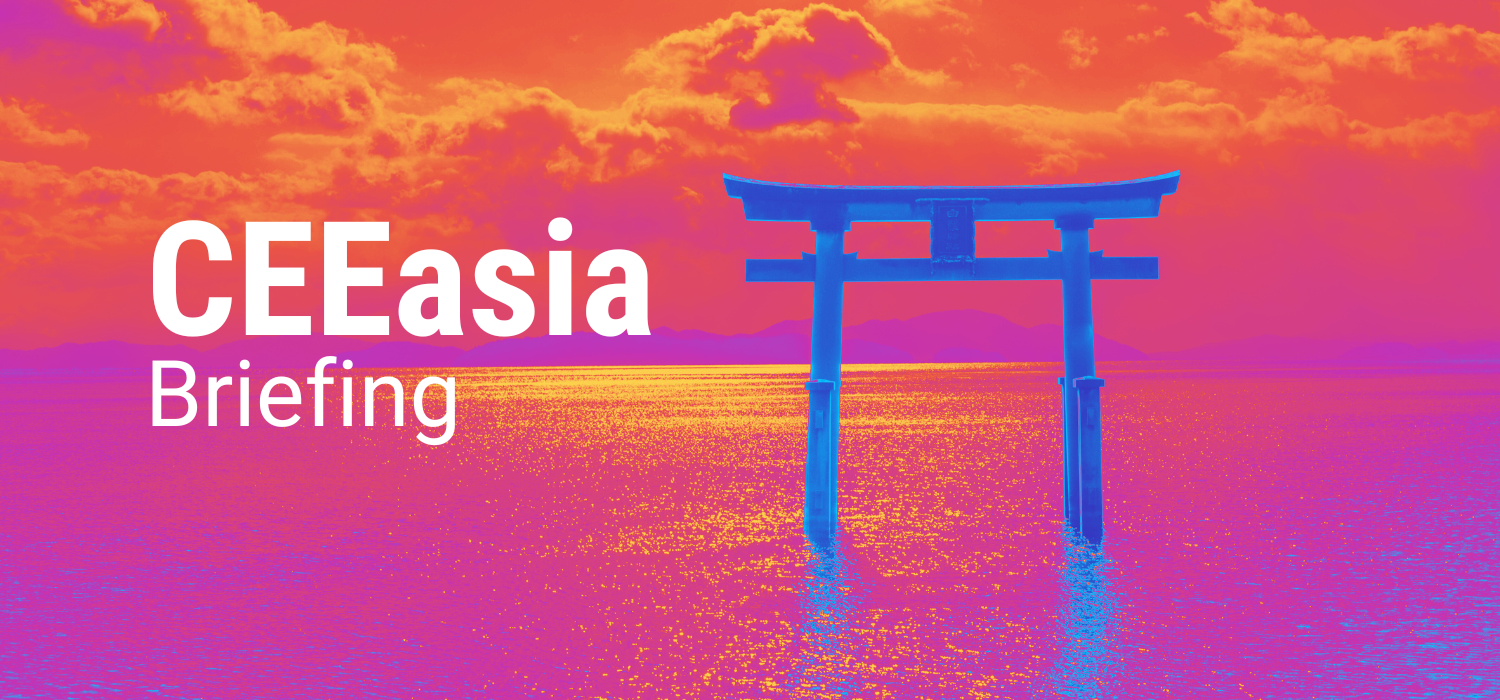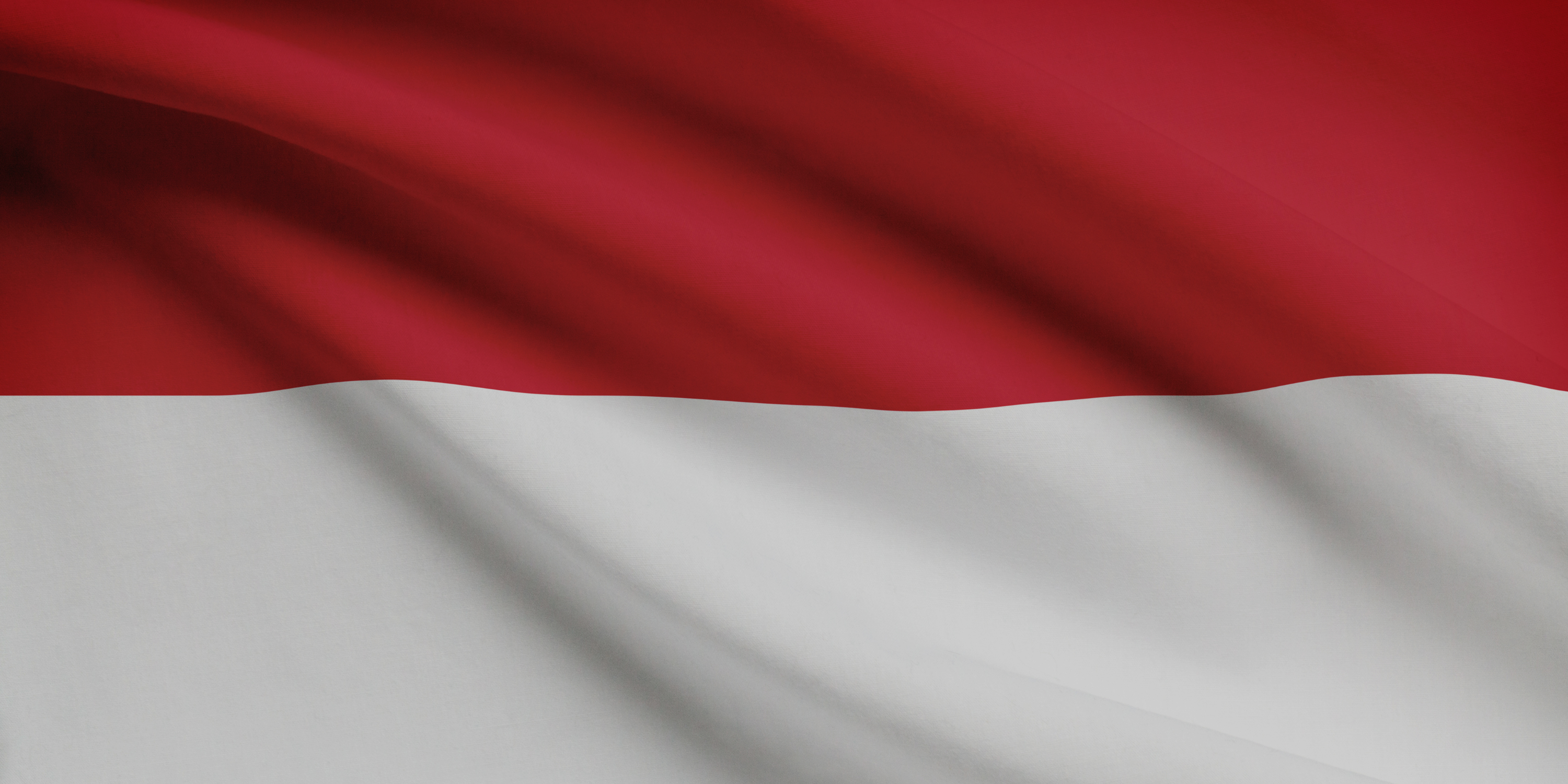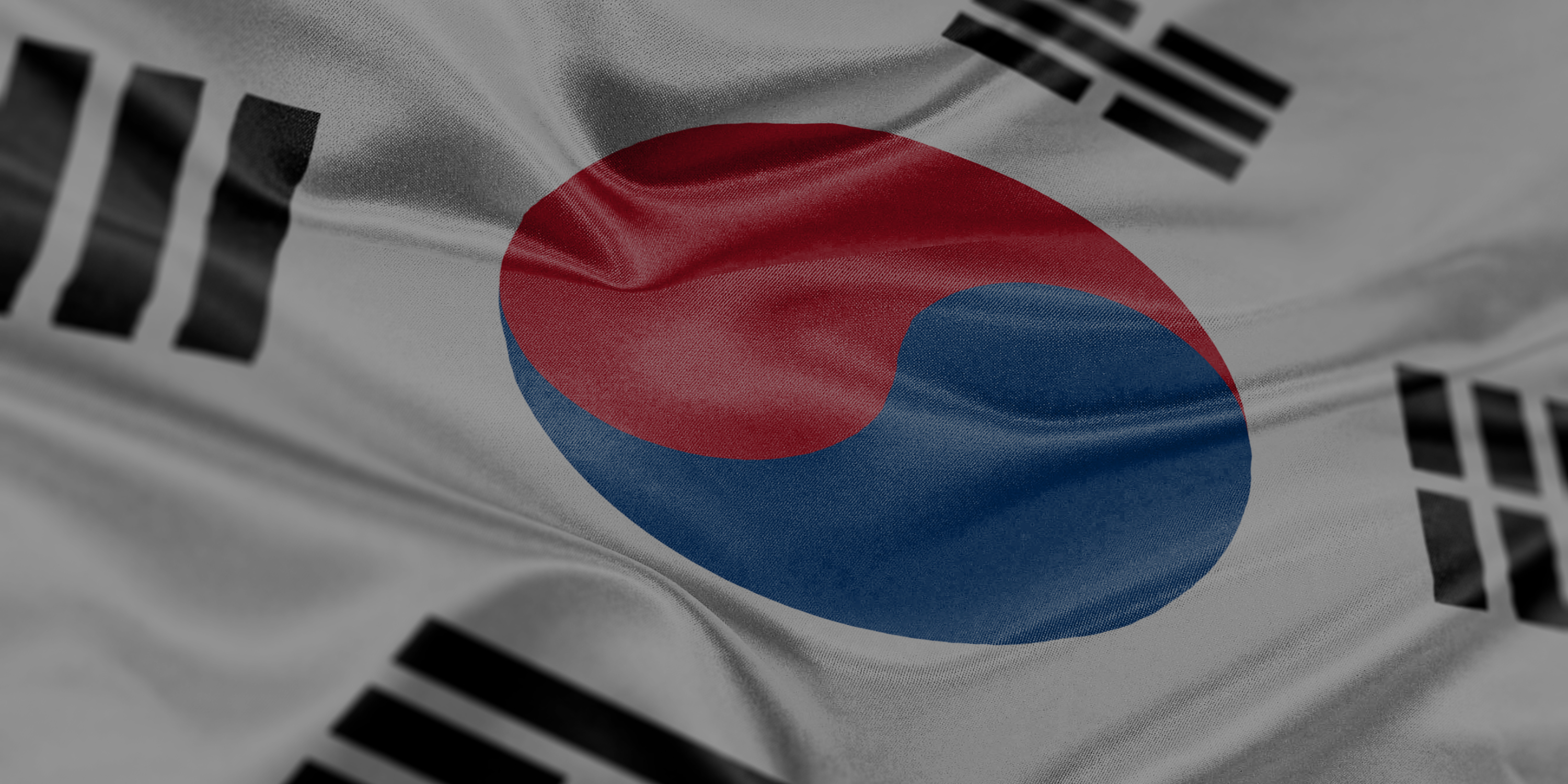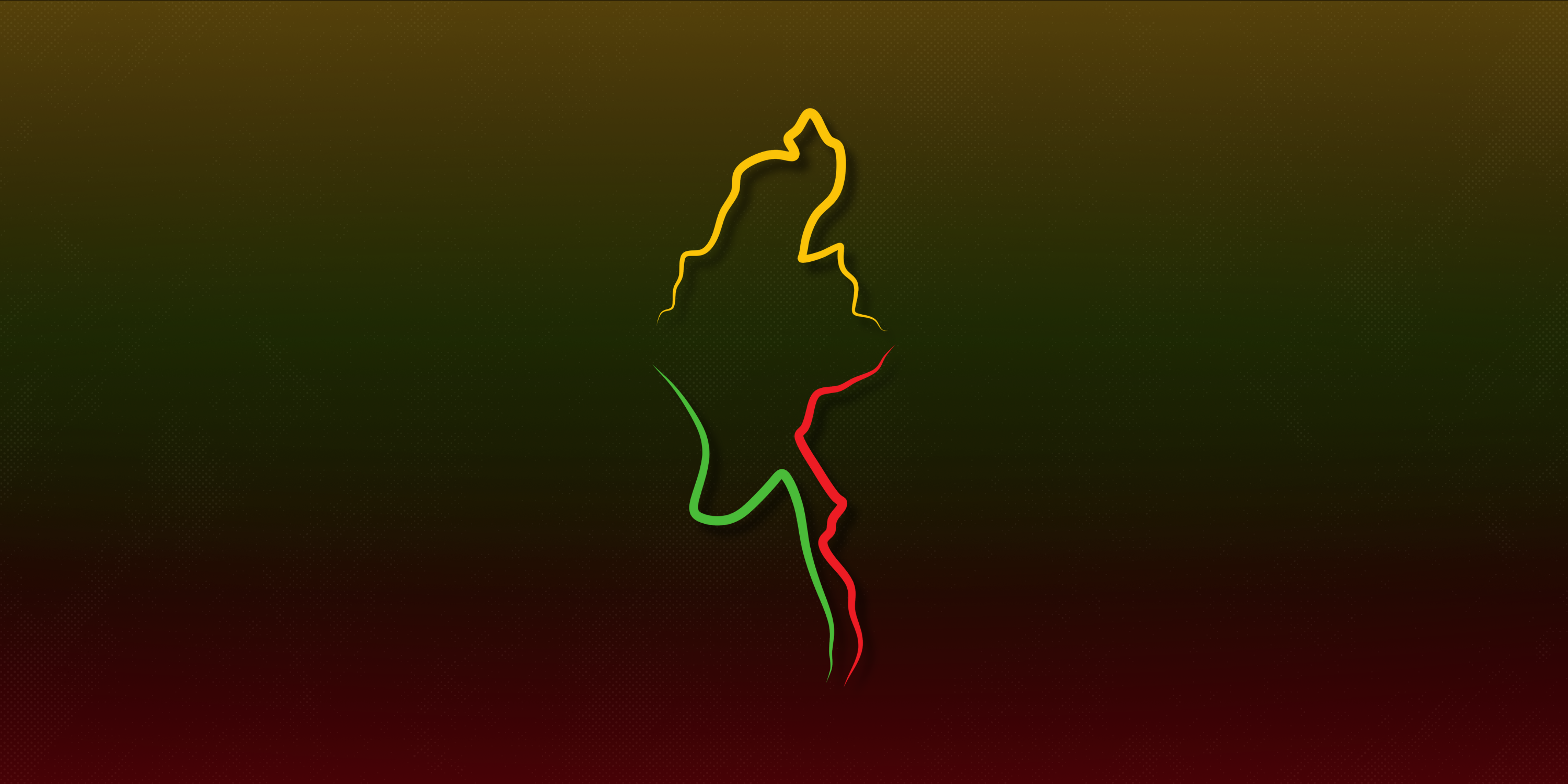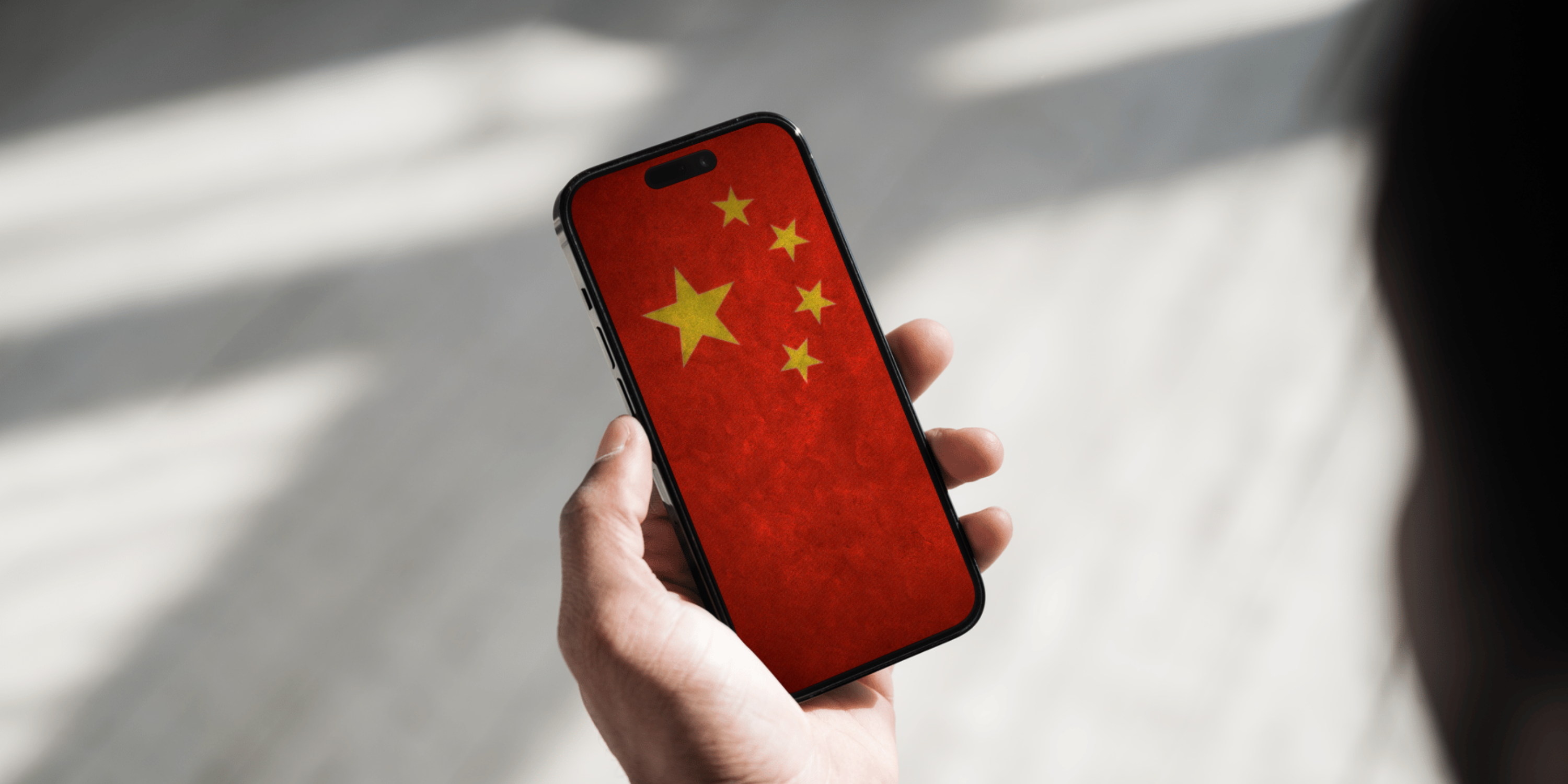Welcome to the 47th issue of the CEEasia Briefing.
In this issue, we dissect the following topics:
- Chinese EV battery plant in Slovakia
- Finland and Estonia’s probe into damaged Baltic Sea cables and role of China
- North Korea-Russia military cooperation
- Indonesia’s presidential front-runner criticizes the EU
If you like what you see, please forward this message to your friends and colleagues who can subscribe here.
Do you need to know more about East Asia? Don’t hesitate to shoot us a message about custom analysis tailored to your needs.
1. Chinese EV battery plant in Slovakia
What’s going on? Slovak start-up InoBat has signed a Memorandum of Understanding (MoU) with China’s Gotion High-Tech to build a battery plant in a southern Slovak town of Šurany. The MoU comes a few months after Gotion acquired a 25% stake in InoBat. The plan is to start operations in 2026 and produce an initial annual output of 20 gigawatt hours (GWh), which is to later increase to 40 GWh.
Going deeper… The Slovak government has promised to provide significant subsidies for the plant’s construction, praising it as an important step in Slovakia’s shift towards EVs in its automotive industry. Not only is this mandated by the EU’s green transition regulations, but it is also important in terms of the country’s competitiveness, especially as Poland and Hungary are becoming leaders on the EU’s EV market, at least as far as batteries are concerned.
What’s more… The government’s recently published programme has emphasized the importance of Slovakia’s economic ties to the Indo-Pacific, including China. This follows the EU’s position, which, despite emphasizing the importance of de-risking its relations with China, has yet to take any substantive measures in this direction. In fact, considering China’s position in green energy supply chains, the EU’s green transition ambitions are likely to make the bloc more (rather than less) reliant on Beijing.
This means… Slovakia seems to follow the path of its neighboring states as well as the EU, when it comes to cooperating with China on green transition. Afterall, the construction of the battery plant was first discussed with Volkswagen, which is Gotion’s largest shareholder. However, the transition to green technologies, which does not take into account the issue of risks associated with dependence on Chinese producers, carries with it the risk of abusing this dependence to promote political goals, just as the Putin regime did in the case of dependence on gas supplies.
2. Finland and Estonia’s probe into damaged Baltic Sea cables and role of China
What’s going on? Finland and Estonia launched an investigation into damage of undersea gas pipeline and telecommunication cables in the Baltic Sea. China was requested for cooperation and compliance, as preliminary probing leads to Hong Kong based vessel NewNew Polar Bear that may have caused the rupture.
Going deeper… The Finnish National Investigation Agency, which leads the probe, stated that, according to ship tracking data, only the Chinese “NewNew Polar Bear” and the Russian “Sevmorput” cargo ships appeared in the relevant waters during the incident. Finnish authorities later identified the NewNew Polar Bear as the primary suspect because a large anchor, believed to be from the vessel, was found near the pipeline. The NewNew Polar Bear is suspected of causing damage to number of undersea interconnections – the Balticonnector gas pipeline and telecommunication cables connecting Finland with Estonia, Estonia with Sweden, and also Russian telecommunication cable in the Gulf of Finland, possibly by dragging its anchor across the sea bed. The Russian side announced it will not join the investigation nor seek compensation for the damage.
This means… Beijing promised full cooperation but may eventually fall short of its promises amid Estonia’s plans to open a Taipei representative office. But the damage, along with previous sabotage on Nordstream pipelines, highlighted the vulnerability of securing the critical cross-border infrastructure. Nordic countries therefore agreed to strengthen patrols in the Baltic Sea.
3. North Korea-Russia military cooperation
What’s going on? North Korea is believed to have made at least 10 arms transfers to Russia since this August. The agreement on provision of arms to Russia in exchange for advanced military technology to North Korea was allegedly concluded during Kim Jong Un’s visit to Russia on 13 September 2023. And according to White House, North Korea has transferred at least 1,000 containers of weapons to Russia since September. However, as any such supplies would be in violation of international sanctions; Russia denies the allegations.
Going deeper… While Russia is in dire need of artillery for the war it is waging in Ukraine, North Korea has large stocks of Soviet-era ammunition. At the same time, Pyongyang could receive food supplies, and sought support for its regime. South Korea, Japan and the US have also raised concerns of the North potentially receiving advanced weapons technologies, including those related to reconnaissance satellites, which would increase the threat posed by Pyongyang’s nuclear program. During his visit to Russia, Kim Jong Un inspected the Vostochny Cosmodrome, Russia’s most important domestic satellite launch center, and a plant that builds fighter jets, these concerns seem legitimate.
This means… In response, U.S. Secretary of State Antony J. Blinken, Japanese Foreign Minister Kamikawa Yoko, and Republic of Korea Foreign Minister Park Jin published a joint statement, where they “strongly condemn” the Russian-North Korean cooperation, which they say has “deleterious effect … on global security and nonproliferation.” Meanwhile, China’s official response stated that military cooperation between its two neighbors was “between the two countries”. Since then, some experts argue that the North Korea-Russia alignment may lead to security convergence between the Indo-Pacific and Euro-Atlantic regions as NATO countries might feel more need to engage in East Asia to constrain Pyongyang due to their interests in regards to Russia.
4. Indonesia’s presidential front-runner criticizes the EU
What’s going on? Indonesia’s currently serving Defense Minister and leading presidential candidate, Prabowo Subianto, criticized the European Union (EU) for banning imports of certain Indonesian products. The EU’s deforestation law, driven by concerns about deforestation abroad, was approved in April and is set to become effective at the end of 2024.
Going deeper… The new EU’s legislation prevents import of soy, palm oil, coffee, cocoa, timber, rubber, and beef, if they are linked to destruction of the world’s forests. Indonesia is the largest palm oil producer and exporter globally, while also home to a considerable share of the world’s rainforests. Rainforest area is, however, shrinking due to unsustainable and unregulated production of the targeted commodities, particularly palm oil plantations. At the same time, the EU is one of the world’s most prominent buyers of palm oil. Although stating that Jakarta and Brussels maintain good relations, the Indonesian presidential front-runner accused the EU of imposing “regulatory imperialism” and questioned the bloc’s moral leadership, reminding the historical role of Europeans in deforestation during colonial times. Subianto also emphasized that Indonesia should more closely align with Asian countries, such as Japan, South Korea, China, and India.
This means… The next round of free trade agreement talks between the EU and Indonesia should take place imminently. Subianto’s recent comments therefore come in strategic timing as it could serve as a way to pressure the EU ahead of the talks and also to signal potential shift in Indonesia’s foreign and economic orientation.
Quick takes on CEEasia developments
CHINA | Lithuania and China discussed normalization of bilateral relations with possible re-appointment of ambassadors. Beijing recalled its envoy and imposed economic sanctions on Vilnius in 2021, after Lithuania allowed Taiwan to open a representative office there.
CHINA | China and Serbia signed a free trade agreement on the sidelines of the BRI summit in October. Serbia hopes that the FTA will primarily benefit its honey and wine producers.
APAC | Amidst the increasing geopolitical importance of the Indo-Pacific, the new programme of the Slovak government pledges to increase and further deepen Slovakia’s diplomatic and economic relations with the countries of the region.
TAIWAN | Foreign Minister Joseph Wu paid a week-long visit to Estonia, Latvia, and Lithuania to boost Taiwan’s exchanges with the Baltic countries. During his visit, Wu met a number of figures from academia and politics.
JAPAN | The EU and Japan have reached an agreement on cross-border data flows at the G7 trade ministers’ meeting in Osaka. The data economy is expected to triple by 2025, making up roughly 7.8% of the EU’s economic output due to the cost savings.
AFGHANISTAN / PAKISTAN | The EU has allocated €60 million aid to humanitarian organizations in Afghanistan and another €1 million for organizations working in Pakistan. The funds are aimed at addressing consequences of recent earthquakes.

